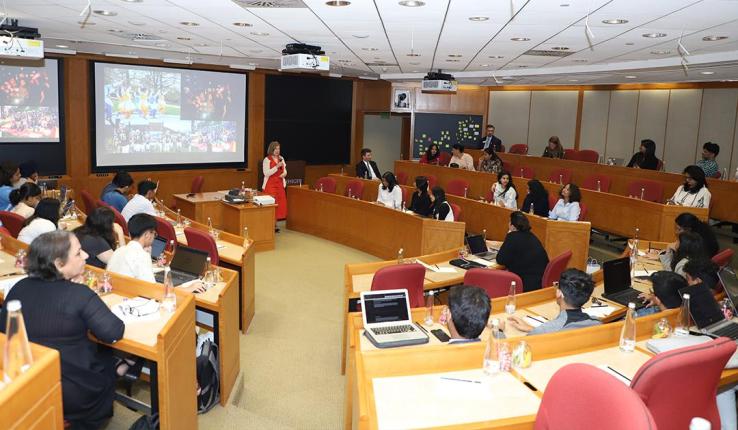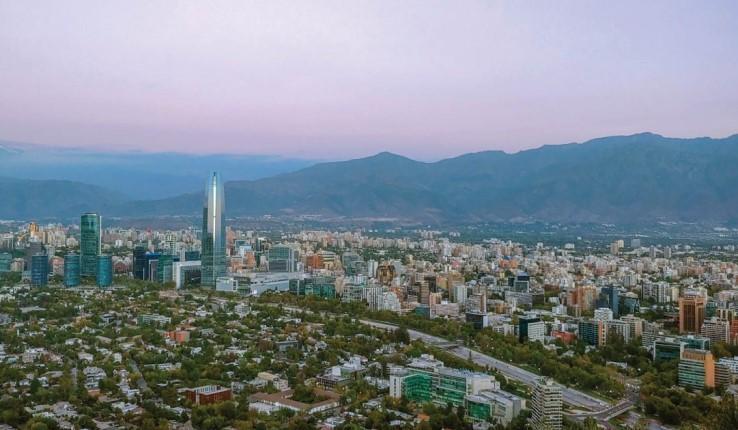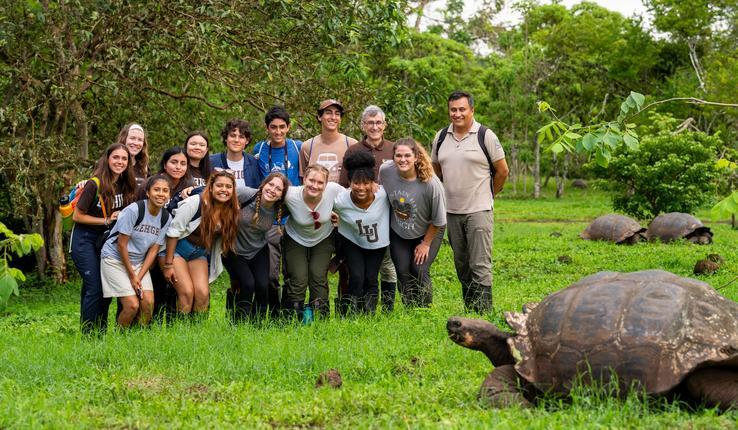“Santiago has so much to offer the students,” Ceron-Anaya said. “There is so much to do for anyone interested in art, music, food, or just walking around the city."
Ceron-Anaya expects Lehigh Launch Chile participants to spend a lot of time visiting Santiago museums, and he will be inviting artists and writers to speak to the students, particularly about economic issues, education, and what a utopian future could look like.
‘A Sophistication About the World’
It’s also easy to visit other countries and places from Santiago, Ceron-Anaya said. It’s very affordable to travel to nearby Argentina, for example, and bus services are available to the Andes mountain range.
Having been offered in Ecuador for the past two years, Lehigh Launch Chile will continue Lehigh’s long tradition of engagement with Latin American countries and scholars that date back to the earliest years of the university. Ceron-Anaya previously said he considers it important to keep this program in Latin America because it offers students a wide range of learning opportunities.
“Latin American studies will help our students develop a sophistication about the world in a different way than they will find in European countries,” he said. “In the cases of Ecuador and Chile, they’re going to find developing nations, with all the sort of problems that come with that, whether it’s issues of poverty, immigration, business, or ecology.”
Lehigh Launch Chile is the sister program to Lehigh Launch American West, which began in 2020 and features programs in the Rocky Mountains and field-based learning in Wyoming and New Mexico. Applications for Lehigh Launch American West is currently accepting applications for the Fall.
Story by Colin McEvoy







